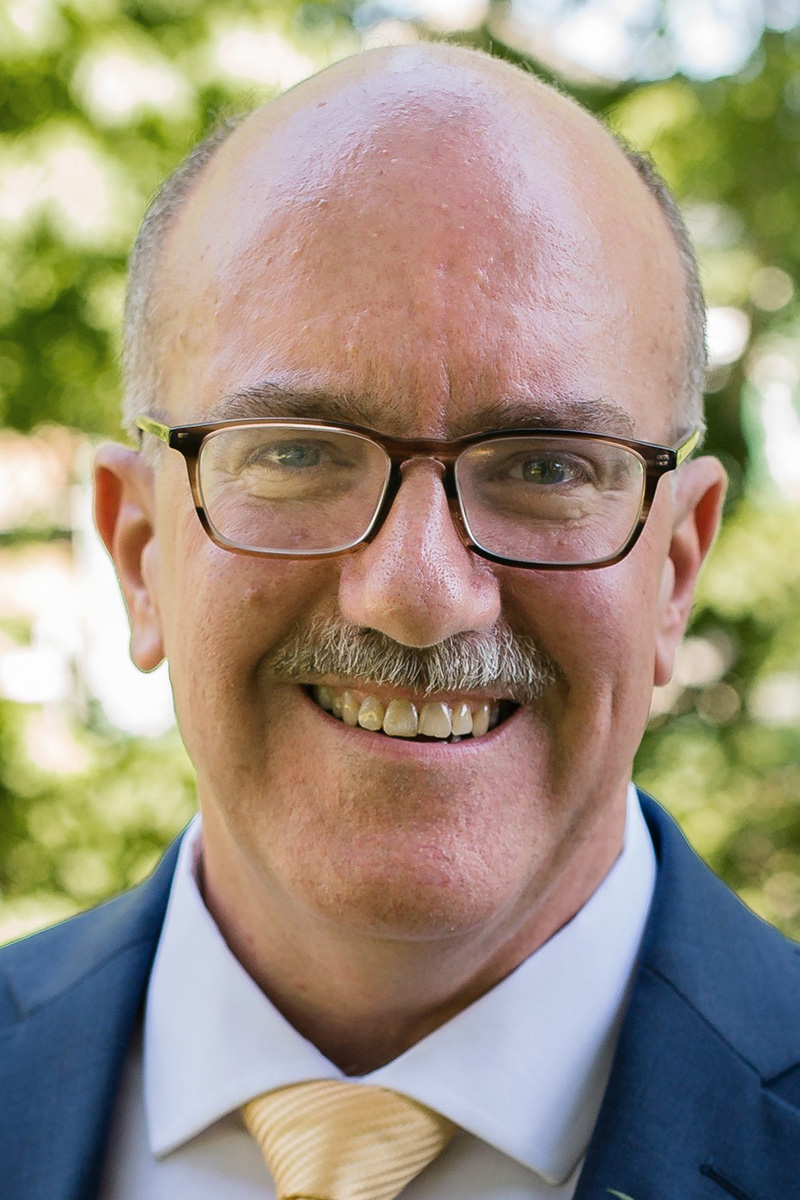Key points:
- Salvation is not a matter of exclusionary election, granted some and denied others. The love of God, shed abroad on the cross, was offered for all.
- Our Wesleyan theological tradition demands that we respect the value of every single human being.
- This was a common theme among many Methodist abolitionists.

Photo by Kristen Schell.
Commentaries
Laura Smith Haviland (1808-1898) was born a Quaker and became a leading abolitionist in Michigan during the 1830s, but she found that her community of faith did not support her. She turned to a Wesleyan understanding of salvation and discovered an unquenchable fire that burned for freedom.
By the 1850s, Haviland was in Louisville, Kentucky, visiting a friend who had been arrested for underground railroad activity. The jailer in Louisville was a Methodist — a Methodist class leader, to be precise. He tried to convince Haviland that abolitionists were all wrong and that slavery was not so bad. Then he asked in exasperation: “I would like to know … where you abolitioners get your principles of equal rights.”
Haviland replied in no uncertain terms: “We find them between the lids of the Bible.” Then, in sublime detail, she explained that all people are created in the image of God, and if this was not enough clarity, Jesus died and rose for each and every human being. People are doubly sacred.
This emphasis on the cross was rooted in a particular teaching of the Wesleyan tradition. Salvation is not a matter of exclusionary election, granted some and denied others. The love of God, shed abroad on the cross, was offered for all — and not simply all in a nondescript way — but each and all in personal, sacrificial power.
John Wesley hammered this conviction home often. His New Testament notes declare that Jesus tasted death for every person “that ever was or will be born into the world” (Hebrews 2:9). And that Louisville jailer called himself a Methodist class leader!
I think of this Wesleyan doctrine and its implications for antiracist work today. In an era when even the memory of slavery is distorted and spun to perpetuate injustice, our theological tradition demands that we respect the value of every single human being.
This was a common theme among many Methodist abolitionists. I have told the story of five of them in a new book, Compelling Lives: Five Methodist Abolitionists and the Ideas That Inspired Them (Cascade, 2023). My book is part of an exciting academic initiative named the “Wesleyan and Methodist Explorations” series.
When the Wesleyan family today pursues racial justice, it is taking its theological heritage seriously. That is why many are investing time and energy in a variety of programs known generally as anti-bias/anti-racism work. This is not some trendy, secular endeavor. It is one example of Wesleyans being Wesleyan.
Over the past few years in particular, many United Methodists have organized, presented and learned from a host of events aimed at “dismantling” racism. Topics range from confronting our dominant culture’s support of colonialism to understanding how systems often codify bias.
In the Michigan Conference, where I hold membership, there is a comprehensive educational program to address these and related issues. Every pastor has covenanted to participate in this enterprise. Across the connection there are creative and consistent souls advancing similar work. These emphases are ultimately about our theological integrity — our convictions regarding God and the value of people.
Subscribe to our
e-newsletter
The journey beyond racism must be aware of systems and structures, but it must also be personal. Sojourner Truth, a Methodist, was known for the way she lived the law of God. This was no works righteousness or attempt to earn God’s favor.
A colleague in New York State once wrote a letter commending her witness to friends: “Let her tell her story without interrupting her, and give close attention, and you will see she has got the lever of truth, that God helps her to pry where but few can.” In closing, this man insisted that, “She cannot read or write, but the law is in her heart.” Truth knew the good and bad of social structures, but she confronted them with a heart set on God.
The moral law, the very law of God, was neither an external burden nor something to be discarded. As Jeremiah taught in his prophecy (31:33-34) and as reiterated in Hebrews 10:16, our very holiness depends on the fulfillment of God’s law in our hearts, and that law exudes unconditional love for each and all.
It is time to let go of the inauthentic divide between theological integrity and the search for racial justice. According to our doctrinal tradition, these are two sides of the same coin. The smear tactics used to paint antiracism concerns as a dangerous, ideologically motivated agenda are disingenuous and, quite frankly, contrary to our theology.
Laura Haviland professed that when Jesus entered our world “to dwell for a season upon our earthly ball, to suffer and die the ignominious death of the cross, he shed his precious blood for the whole human family, irrespective of nation or color. We believe all are alike objects of redeeming love.”
Do we believe this today? Our theological integrity is at stake.
Momany is a former college professor and chaplain. He serves as pastor of First United Methodist Church in Dowagiac, Michigan. For three decades, he has researched the arguments for and against slavery in America’s past. His 2018 book: For Each and All: The Moral Witness of Asa Mahan (Foundery Books), traces these arguments and documents the abolitionist witness of philosopher and college president Asa Mahan.
News media contact: Tim Tanton or Joey Butler at (615) 742-5470 or newsdesk@umcom.org. To read more United Methodist news, subscribe to the free Daily or Weekly Digests



